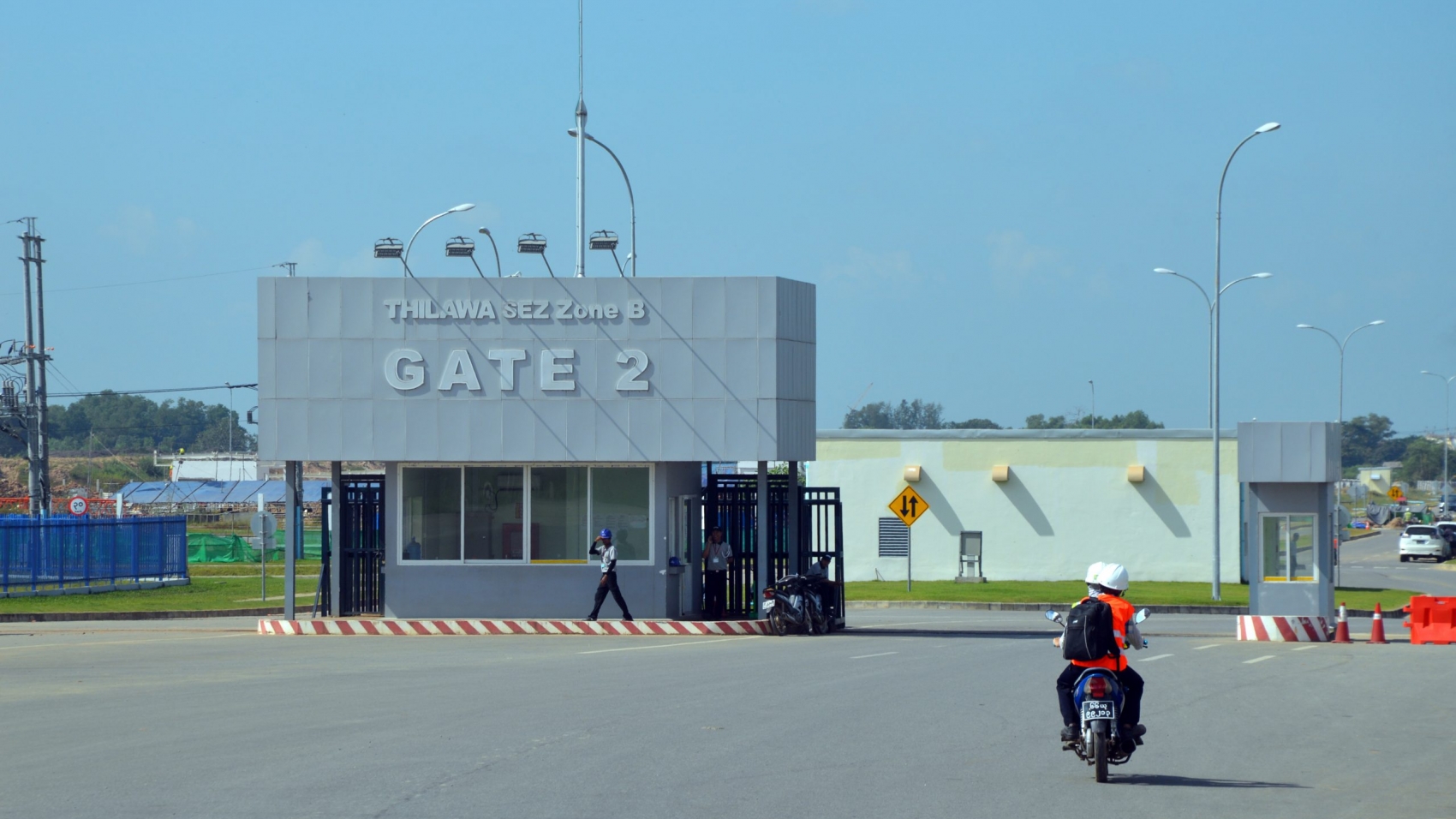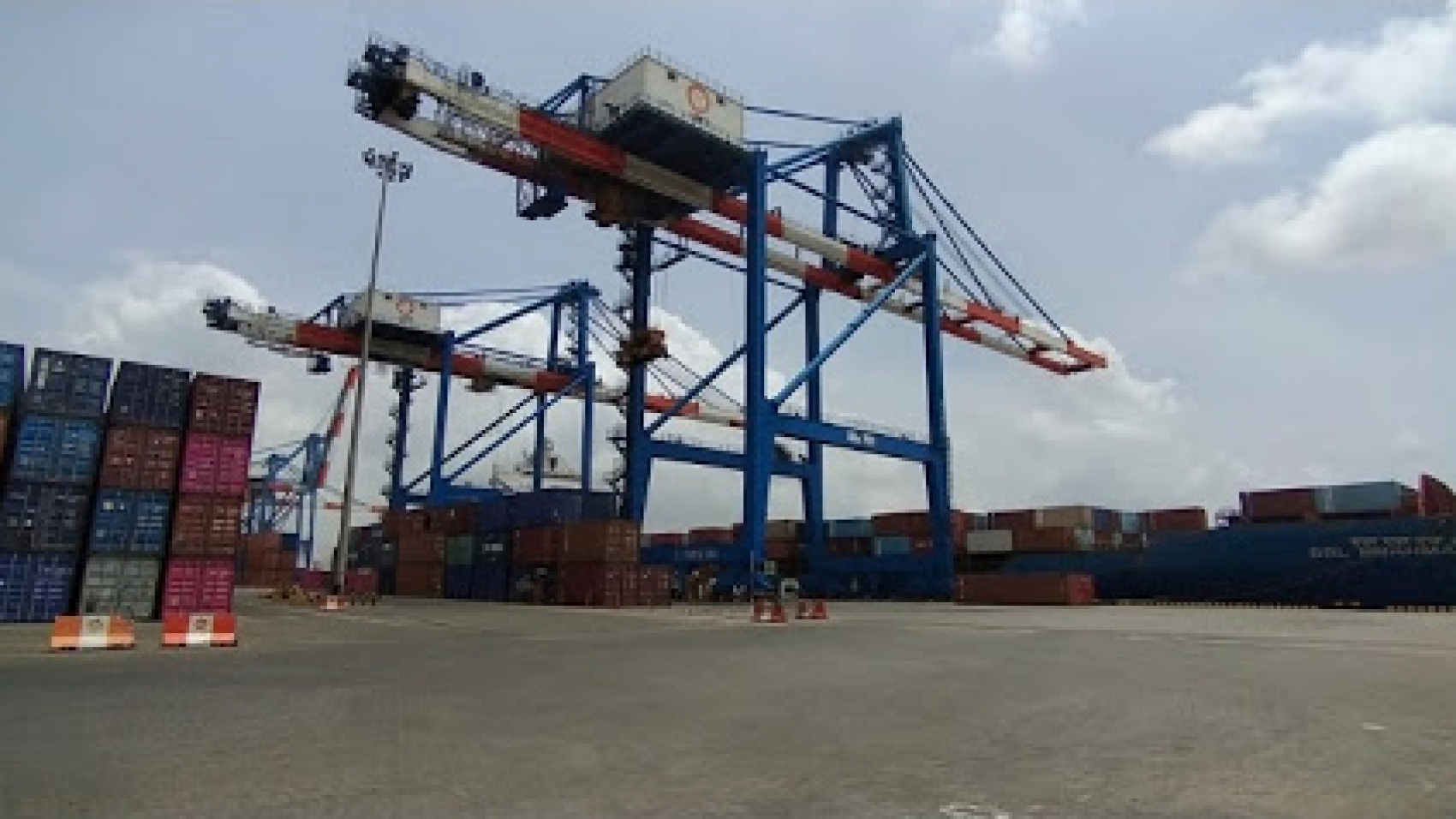Under the Myanmar Investment Law, transport and communications sector tops the foreign investment line-up over the four years of incumbent government period, bringing in the capital of US$6.135 billion, according to the Directorate of Investment and Company Administration (DICA). The quantum of investment in transport and communications sector is higher than in any other sectors, attracting 29 enterprises. Between the 2016-2017 and 2019-2020 budget years, the manufacturing sector has absorbed FDI of $6.13 billion from 706 projects.
Real estate sector has attracted $3.6 billion from 29 projects. The power sector has drawn 19 foreign investment projects worth $3.17 billion. Twenty-four projects worth $725.9 million has been approved in the hotels and tourism sector, while the existing enterprises increased the investments of $363 million in the oil and gas sector. The livestock and fisheries sector has pulled in an investment of $452.68 million from 36 foreign enterprises. The agricultural sector has also attracted $181.98 million from 18 foreign projects, while industrial estate sector received $390.459 million from five enterprises. The mining sector has received over $11 million from existing enterprises. Over $2.63 billion in FDI has been pumped into the other services sector from 106 businesses.
The Myanmar Investment Commission (MIC) and the respective investment committees granted permits and endorsements to 1,032 foreign enterprises over the past four years, with estimated capitals of $25.18 billion. Of them, Thilawa Special Economic Zone attracted investments worth $1.36 billion from 60 enterprises under the Special Economic Zone Law in the past four years, while FDI of $23.8 billion flowed into the country under the Myanmar Investment Law, the DICA’s data showed. Of 36 foreign countries investing in Myanmar in the past four years, Singapore put the most massive investments under Myanmar Investment Law, followed by China and Hong Kong (SAR).
MIC is prioritizing the labour-intensive businesses. In the incumbent government period, domestic and foreign projects employ over 670,000 residents, according to the DICA. Those enterprises have created over 96,000 jobs in the FY2016-2017, 110,000 jobs in the FY2017-2018, over 53,000 jobs in the 2018 mini-budget period, over 180,000 jobs in the FY2018-2019 and 210,000 jobs in the FY2019-2020 respectively.
Source: The Global New Light of Myanmar


